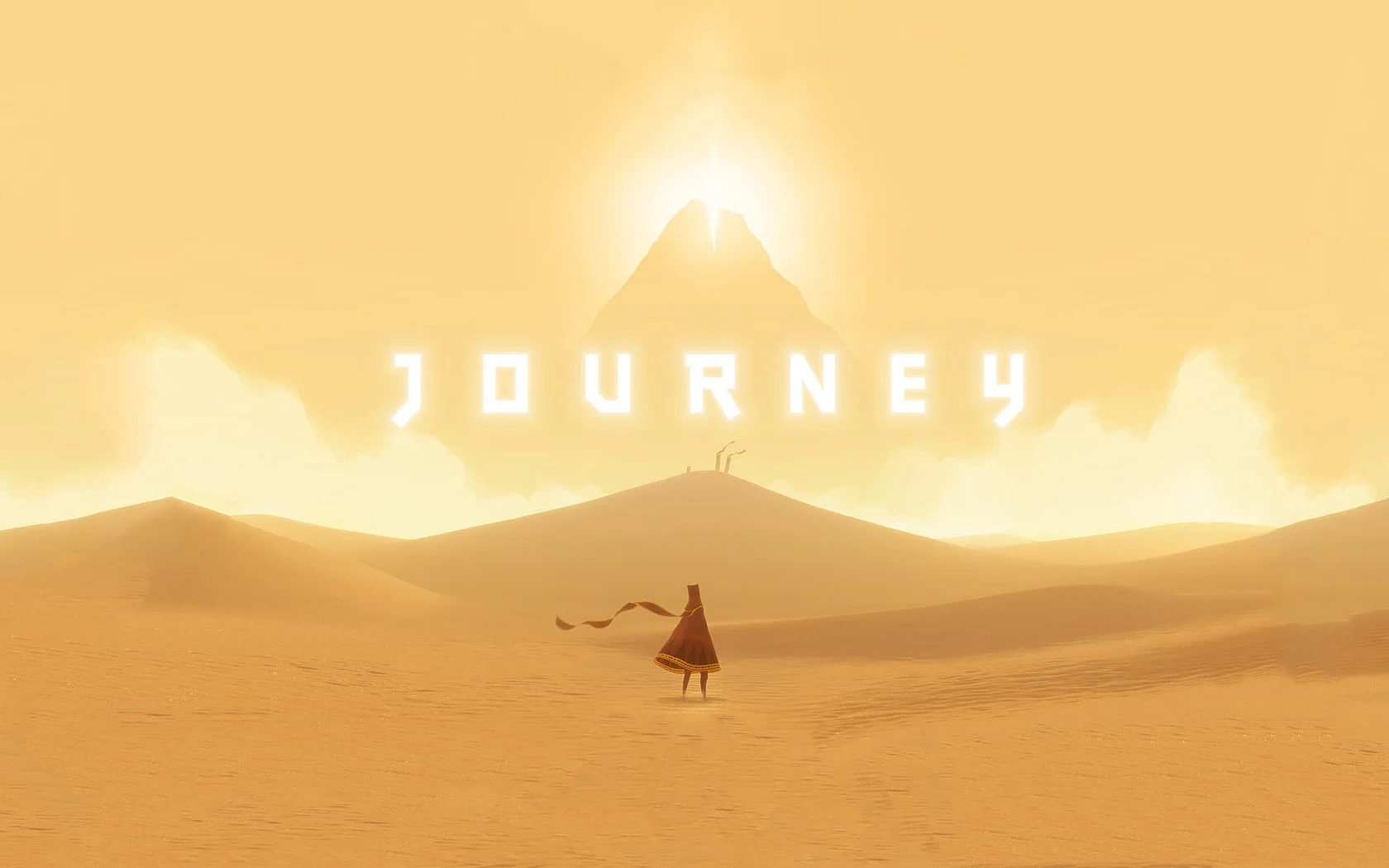For over 40, 000 years, since the first cave paintings were discovered, telling stories has been one of our most fundamental communication methods. I wrote an article a while back discussing Storytelling With Games. I discussed how as teachers we can use games to provide children with a deep emotional and exciting experience. We do not have to use the whole game but sections as children with their innate skills to weave stories may make an infinitely more nuanced story. Computer games allow the pupils to become stimulated in the same way text and film can, but have a benefit over these other media in that they can interact with these worlds. If we want to go left we can, the world is literally our oyster, full of endless possibilities and the children know this. It taps into their innate ability to tell stories but provides a rich context for doing so. However before the evolution of gaming there was another gaming form which encouraged thought, creativity and interaction. This gaming form was table top gaming, specifically Dungeons and Dragons (D&D).
Now when I tell people I play D&D or that I’m a gamer I know that the first thing that pops into their minds is not a flattering image but rather a stereotype of fat Cheetos eating virgins who live in their parents basements. In the 80's and early 90's there were even Pastors and many people from the church warning against the evil of demons and spirits in the game.
However I want to challenge the stereotype. For those unfamiliar with D&D the core of the game lies is storytelling. You and your friends tell a story together, guide your heroes through quests for treasure, battle with deadly foes, take part in daring rescues, participate in courtly intrigue, and much more. The beauty of D&D lies in the fact that the medium itself incorporates the numerous books, computer games and board games (of which there are many iterations).
D&D offers an outlet for groups of people to form, develop a commonly created story, and develop rules including character creation and conflict-solving. The storytelling element is key here as the Dungeon Master must employ the skill of narrative and world building in order to move the game along. Storytelling is a very useful skill for individuals to have, as it helps the development of writing ability and oratorical skills. This skills are useful for employment but also society as a whole. There must be mutual trust for the players to succeed in their missions, and so players are able to get out a lot of their own emotions, fears and belief in a cathartic release, in a game session through their characters. This provides them with an introspection that improves their self-knowledge and strengthens their behavior and beliefs.
Within D&D players are constantly asked to pit their wits against complex puzzles, this requires players to employ logic in critical thinking and problem solving. These puzzles help hone these skills which could be useful in all types of jobs. This benefits society through improving the creative problem solving skills of the players. D&D helps us develop skills as a people and encourages us to think laterally and on the fly.
In D&D players must take on a role and assume the part of their character, this helps teach the art of acting. Acting is a great skill as it encourages oratory skills but also develops the vocabulary. D&D builds an immersive and engaging world, to fully realise the game the Dungeon Master must offer detailed information on locales, characters and scenarios. To play D&D you need to meet other players and play face to face, this teaches socialisation. Typically D&D was played by introverts so for many it was a way for them to emerge out of their introspection and engage with others.
D&D is a useful tool to transform ourselves, to improve our personal development and become a more well-rounded person. Writers create worlds through vivid description, often these works provide lessons in moral and ethics to their readers through the imaginary experiences that compose their works- readers experience failure, pain, death and happiness. And in the end isn't that what being human is all about. In the end D&D teaches use to confront our humanity by imagining to be someone else.




